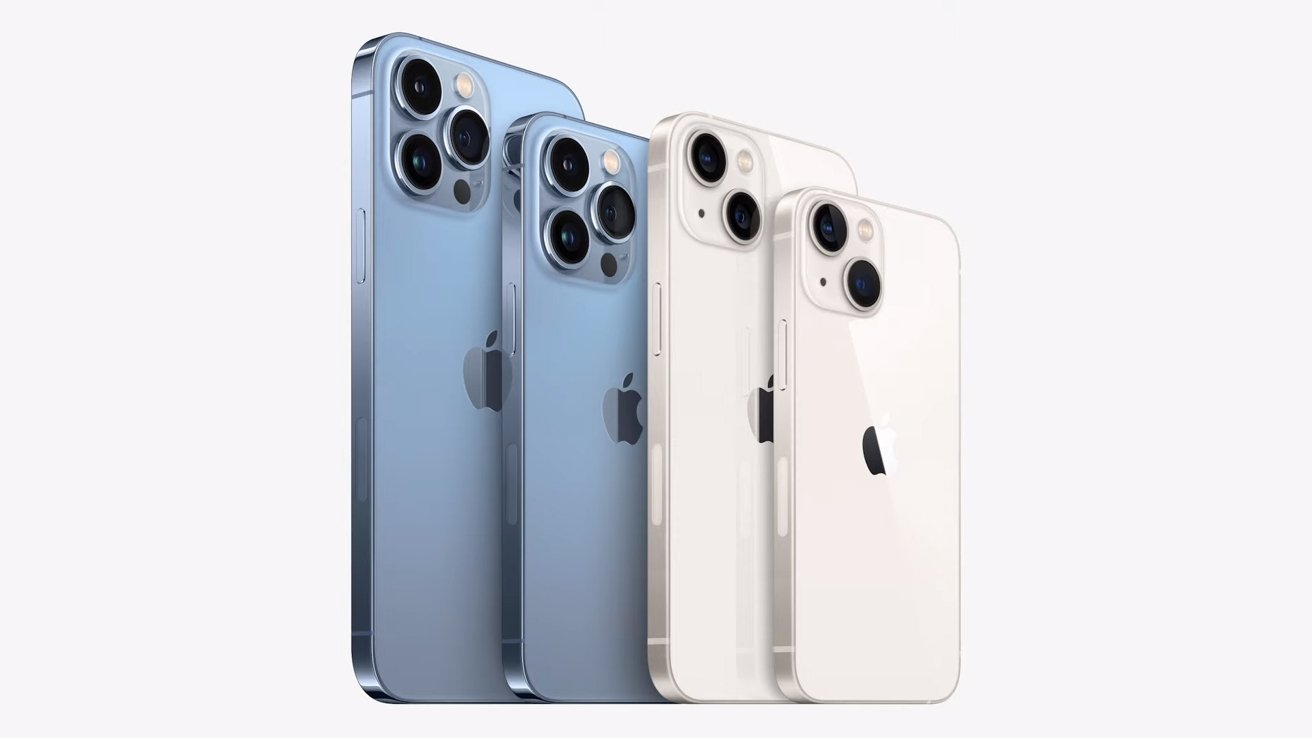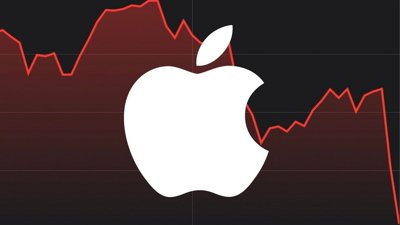Customers in China have placed more than 2 million preorders for Apple's iPhone 13 lineup, surpassing the number of iPhone 12 preorders in 2020, likely because of the void left by high-end Huawei handsets.
According to the South China Morning Post, Chinese customers have already placed more than 2 million preorders on retailer JD.com alone as of Thursday. That eclipses the 1.5 million iPhone 12 initial preorders placed after those models launched.
The higher demand for Apple's iPhone 13 models appears to stem from Huawei's decline in the country. Because of U.S. trade sanctions, Huawei is struggling to provide compelling high-end smartphones. Huawei's latest P50 and P50 Pro, for example, lack 5G connectivity due to the sanctions.
Apple's devices appear to have filled in the gap. In addition to Chinese retailer JD.com, interest in the iPhone 13 models also appears high on Alibaba's retail platforms.
South China Morning Post also reports that the iPhone 13 models are priced lower than their iPhone 12 predecessors in China, a fact that surprised many consumers. Each device is about 300 yuan to 800 yuan cheaper than their iPhone 12 counterpart.
Overall smartphone shipments are on the decline in China since Huawei left a void that has yet to be filled by the country's other Android makers.
Apple, however, is thriving. In the second quarter of 2021, Apple ranked as the fourth biggest smartphone vendor in China behind Oppo, Vivo, and Xiaomi. As the largest smartphone market in the world, China is a critical region for Apple and other handset manufacturers.
A Counterpoint research analyst told the South China Morning Post that the iPhone 13 is likely to continue the strong momentum of Apple's previous 5G-compatible lineup.
"There are reasons to believe that the iPhone 13 would sell less because of the lack of new features," the analyst said. "But considering Huawei's plight, we think the iPhone 13 will sell just as well."
Back in 2019, Apple was the primary target of a backlash after the U.S. blacklisted Huawei. However, it appears that the company has largely recovered from the controversy. Although some Chinese consumers continue to advocate for domestic brands, others are citing features and product design as the reasons to choose a smartphone.
"I thought we were supposed to support Huawei and other Chinese brands," one Chinese consumer posted on Weibo. "But it seems like better products speak louder than patriotism."
 Mike Peterson
Mike Peterson

-m.jpg)






 Malcolm Owen
Malcolm Owen
 Marko Zivkovic
Marko Zivkovic

 Chip Loder
Chip Loder
 Christine McKee
Christine McKee
 William Gallagher
William Gallagher
 Amber Neely
Amber Neely



-m.jpg)






16 Comments
Even with 5G, Huawei just isn’t that great.